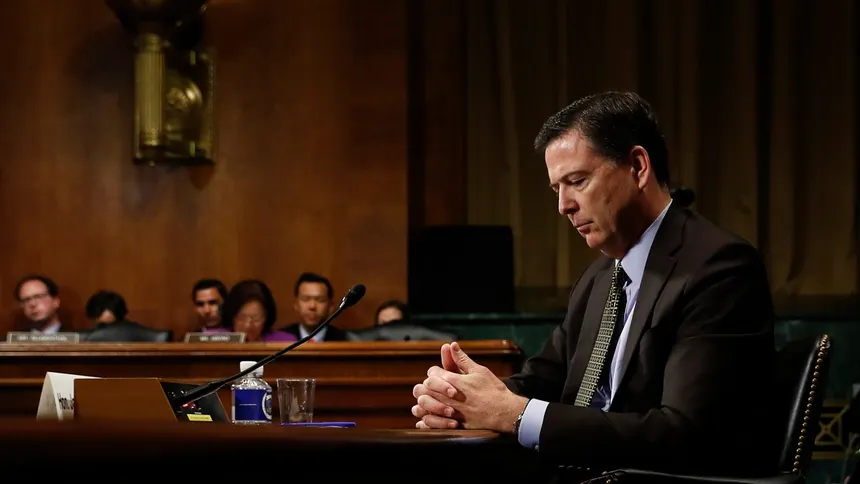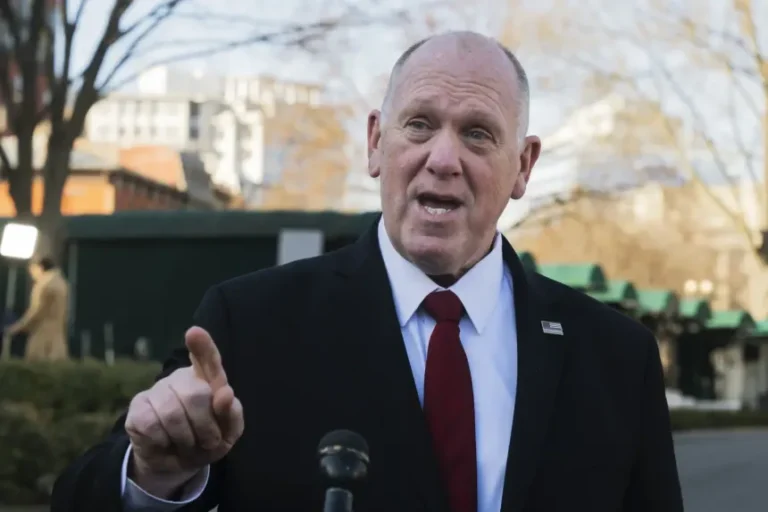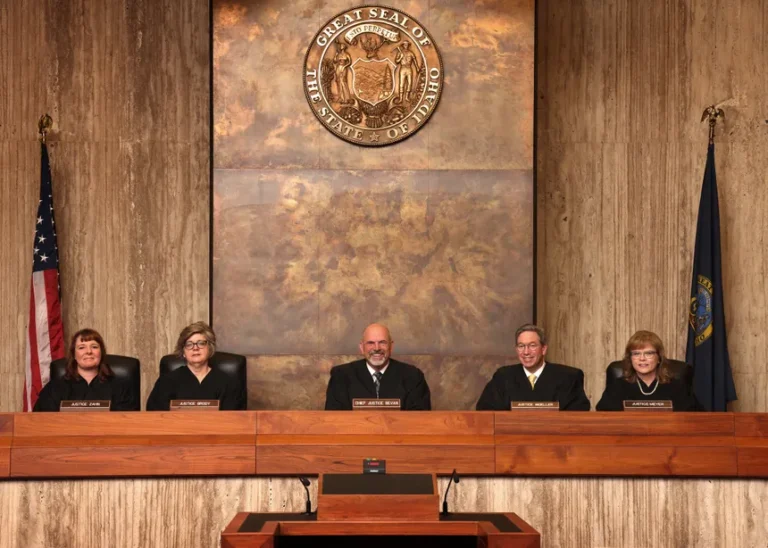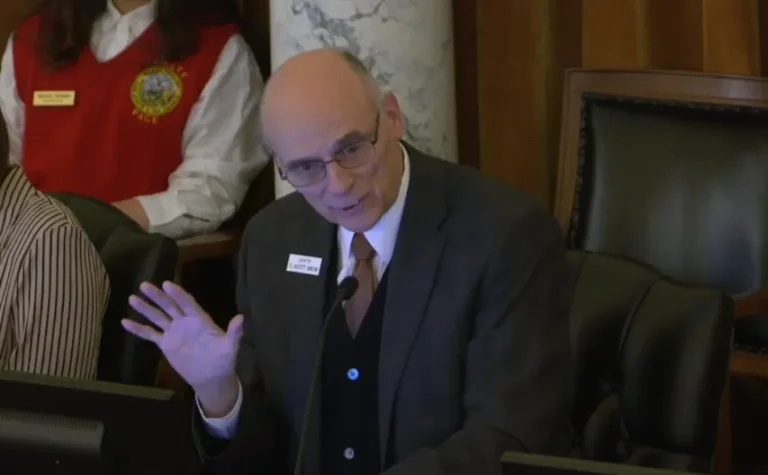
Judge Flags Concerns Over How Case Was Built
A United States federal judge has raised serious concerns about how the Trump administration’s criminal case against former FBI director James Comey was handled.
In a 24 page opinion, Judge William Fitzpatrick wrote that “investigative missteps” and “government misconduct” may have tainted the case. He ordered Justice Department lawyers to provide Comey’s defense team with grand jury materials, including transcripts, evidence, and complete audio recordings of the proceedings.
The judge described this as an “extraordinary remedy,” but said that under the “unique circumstances” of the case, the steps were necessary to protect the rights of the accused.
How the Case Against Comey Developed
James Comey was charged in September after President Donald Trump called for his prosecution and appointed a new federal prosecutor to pursue the case.
Comey, who has long been a focus of Trump’s criticism, faces charges that include obstructing a congressional investigation. He has pleaded not guilty.
The former FBI director was removed from his position during Trump’s first term, after leading the FBI’s investigation into Russian interference in the 2016 presidential election. Since his dismissal, he has remained a frequent target of the president’s public criticism.
Prosecutors later accused Comey of lying to lawmakers in 2020 during a congressional hearing related to that election interference investigation.
Appointment of Lead Prosecutor Under Scrutiny
Before the current prosecution, other federal prosecutors had reportedly declined to bring charges against Comey, citing a lack of evidence.
After that, President Trump selected Lindsey Halligan as the lead prosecutor in the case. According to the court opinion, she secured an indictment from a grand jury only three days after her appointment.
An indictment is a formal accusation issued by a grand jury. A grand jury is a panel of citizens who review evidence and decide whether a criminal case should move forward.
Comey was formally charged in October in a federal court in Virginia, where he entered a not guilty plea.
Defense Challenges Prosecutor’s Role and Grand Jury Process
Comey’s defense team has challenged both the way Halligan was appointed and how she handled the case before the grand jury.
They have questioned the legality of her rapid appointment as an interim United States attorney, arguing that the process allowed her to bypass normal congressional approval. They also filed motions disputing the way she presented the case that led to the indictment.
In his opinion, Judge Fitzpatrick wrote that he identified at least two statements Halligan made to grand jurors that could be viewed as “fundamental misstatements of the law.” He said those statements could “compromise the integrity of the grand jury process.”
One of Halligan’s comments, the judge noted, suggested that the grand jury did not have to rely only on the record that was before them. She indicated there was “more evidence perhaps better evidence” that the government held and would use at trial.
Full Grand Jury Record Ordered Released
Because of these concerns, Judge Fitzpatrick ordered that Comey’s legal team receive all grand jury materials related to the case.
That order includes:
- Transcripts of grand jury testimony
- Any exhibits and evidence presented to the grand jury
- Complete audio recordings of the grand jury proceedings
The judge acknowledged that opening grand jury materials is not common, but said the step was necessary to ensure fairness in this case.
He wrote that the remedy, while rare, was required “to fully protect the rights of the accused.”
What Comey Is Accused Of
According to the court filings described in the opinion:
- Comey is accused of obstructing a congressional investigation
- He is alleged to have lied to lawmakers in a 2020 congressional hearing about his handling of the Russian election interference investigation
Comey has denied the charges and continues to maintain his innocence in the federal case.
Right To Due Process At Center Of Dispute
The judge’s ruling places the focus on how the government conducted its investigation and presented its case, rather than on the underlying political debate surrounding Comey.
By ordering full access to the grand jury record, the court is requiring the Justice Department to account for the conduct of its own officials and the accuracy of the guidance they gave to citizen jurors.
The decision underscores that even in high profile cases involving former top officials and a sitting president, the government’s power is still subject to legal limits and judicial oversight.
Related Coverage
Idaho News – https://idahonews.co/idaho-news-3/
National News – https://idahonews.co/national-news/





